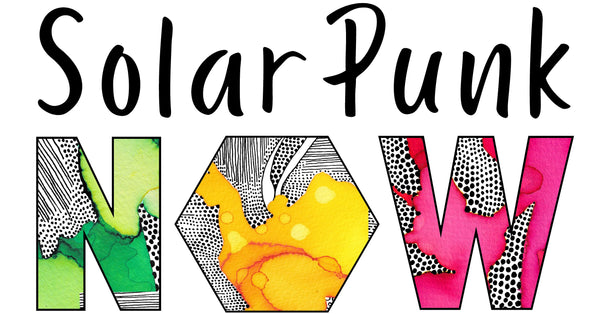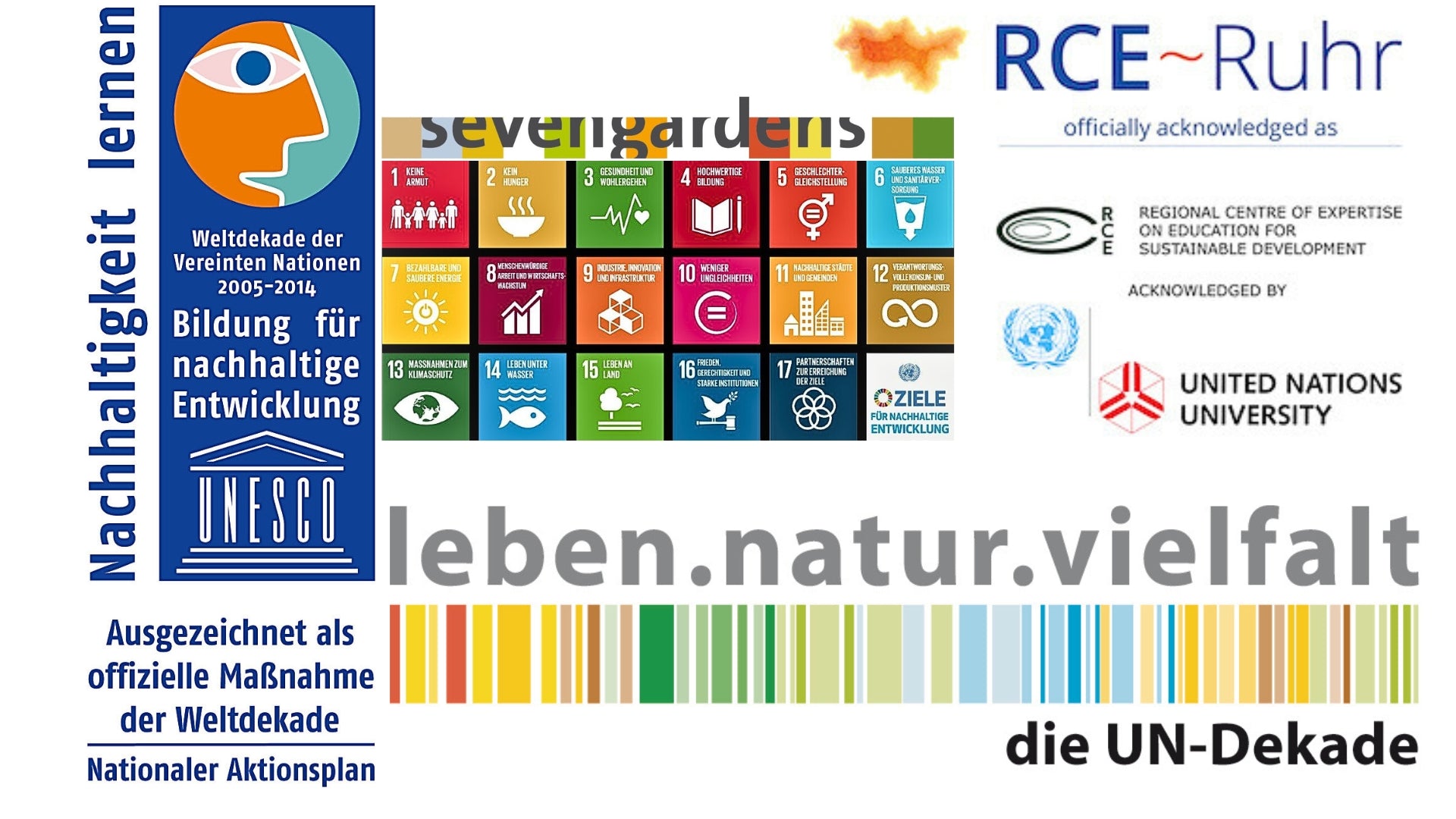
With PLAYtoGROW, we are establishing permaculture worldwide as a practical and engaging learning experience. The reusable Infinity Tools combine theory, practice, and design in a playful way.
PLAYtoGROW aims to create a network of certified trainers around the world who will share the new educational opportunities surrounding the Infinity Tools and provide a playful introduction to permaculture.
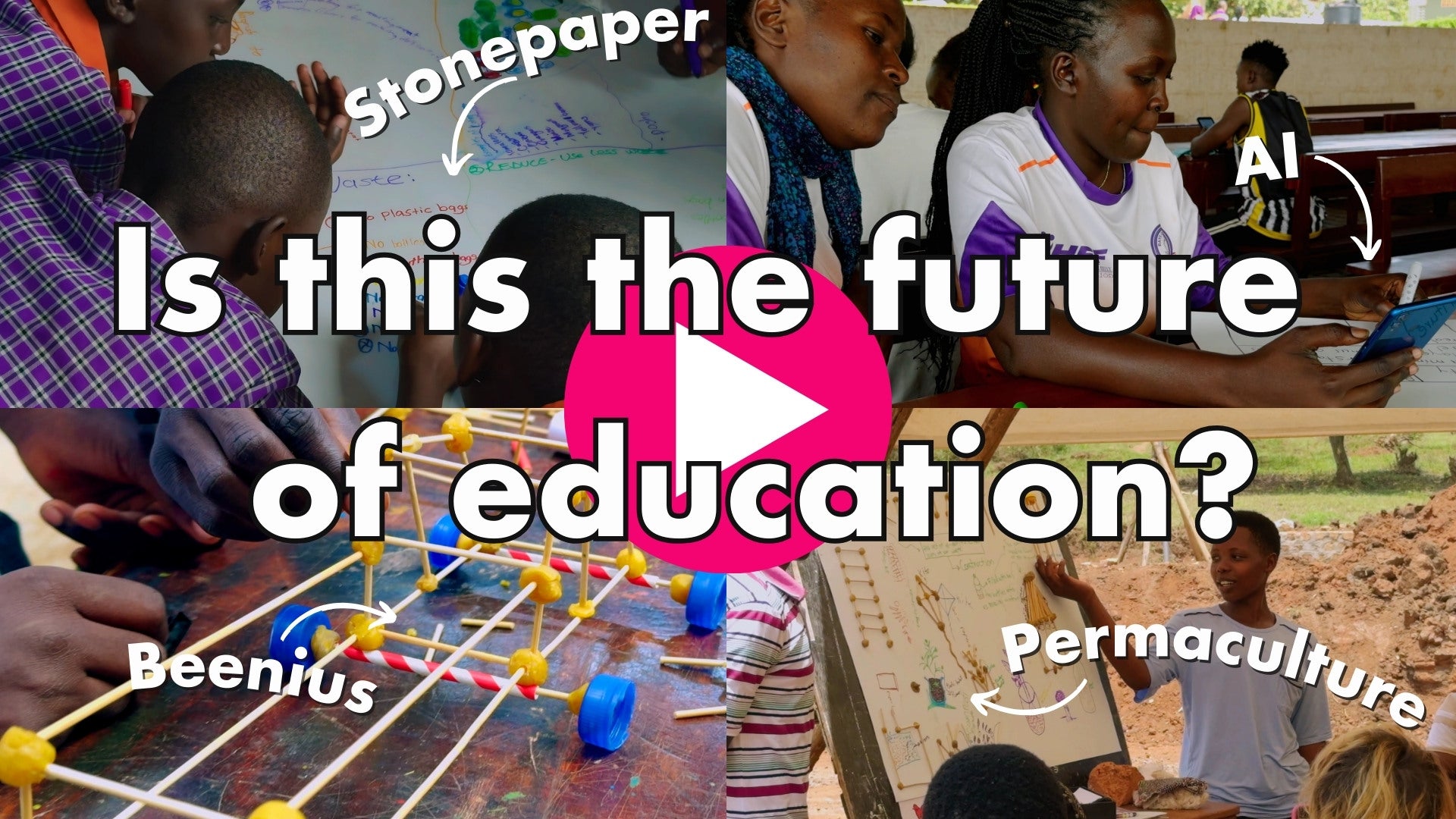

From the pilot project in Uganda
PLAYtoGROW
See how Infinity Tools revolutionize learning and make permaculture an unforgettable learning adventure.
<-- Click on the video "Is this the future of education?"
Imagine if we could tackle climate change and solve food crises by bringing people and nature back into harmony - and all in a fun way! Permaculture opens up exactly this path: a sustainable method with global potential that combines traditional wisdom with modern knowledge. It offers answers to the most pressing problems of our time and shows how we can regenerate ecosystems and create a future worth living in.
With PLAYtoGROW we offer multi-day courses and the 5-day "PLAYtoGROW - Facilitators Training".
PLAYtoGROW can be easily adapted to different contexts.
Basic modules
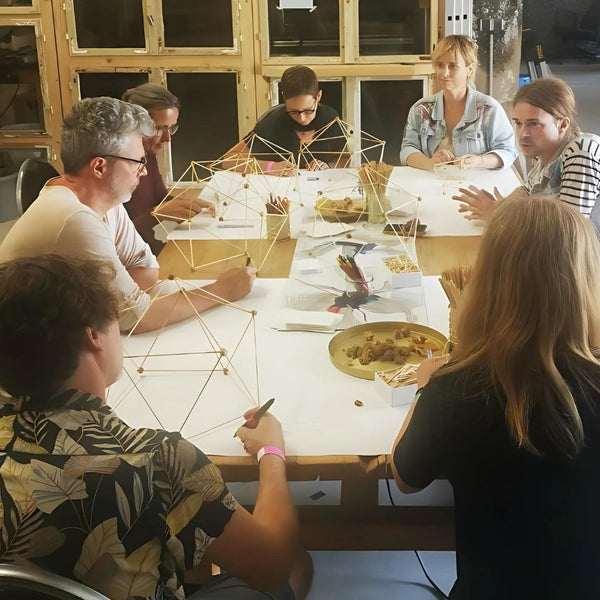
Infinity Tools in Action
Discover the versatile possibilities of Infinity Tools and learn how to design interactive lessons and organize group work in an exciting and effective way.

ContextCraft
Learn how to use the Infinity Tools contextually. Develop your own creative teaching methods and experience firsthand how the tools can transform learning in a lasting way.
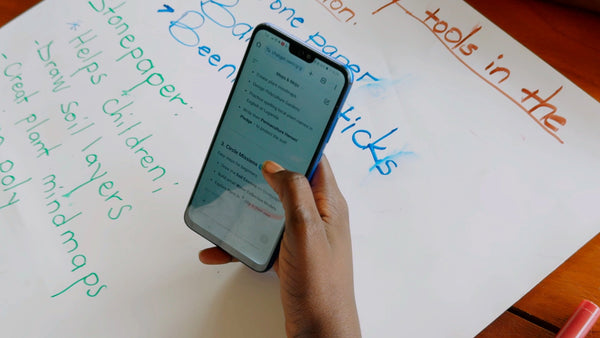
Infinity Tools and AI
Use artificial intelligence to connect Infinity Tools with digital learning methods. Design tailored teaching materials in your language and context.
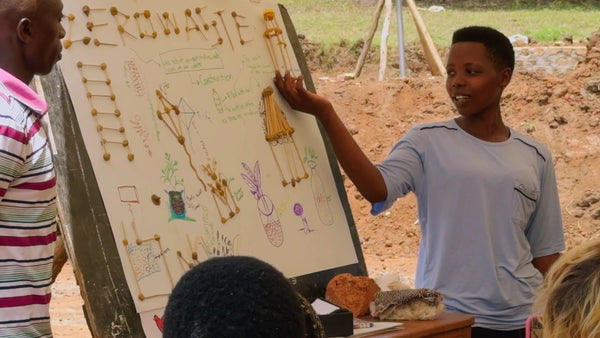
Infinity Tools & Permaculture
Learn how to teach permaculture in an inspiring way using Infinity Tools. Learn how to apply the principles practically and create sustainable learning experiences.
Special modules
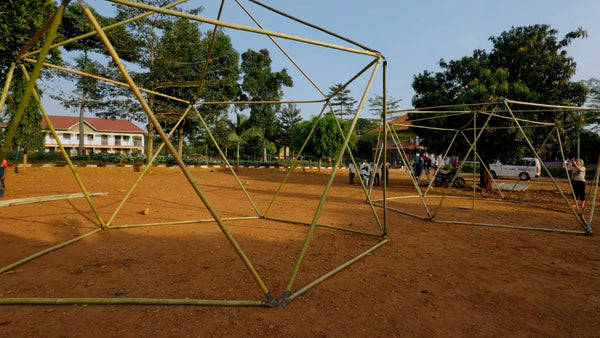
MODELtoREALITY
Build prototypes with Infinity Tools and scale them up. Learn how to scale creative ideas, develop sustainable projects, and launch social innovations.
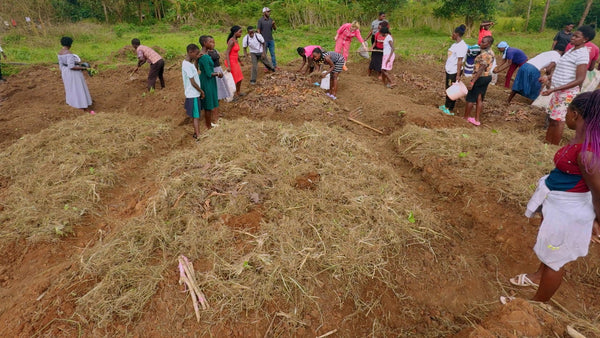
Permablitz
Learn how to implement permaculture projects collaboratively. Actively create regenerative spaces and apply ecological principles directly in practice.
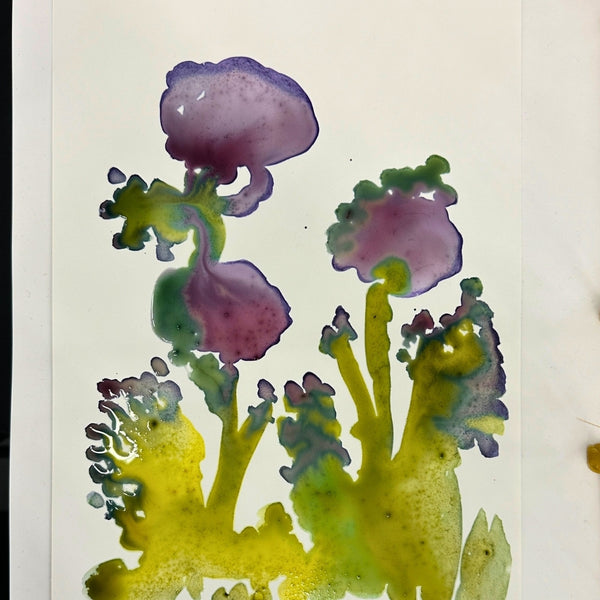
Sevengardens natural colors
Harvest natural dyes from your surroundings for sustainable markers on Infinity Stonepaper. Support local cycles through dye gardens.

Production workshop
Learn about local production of Infinity Tools. Gain the foundation to start your own social enterprise and distribute the tools. (Outside EU only)
